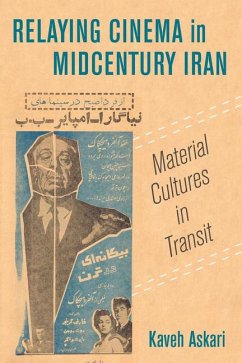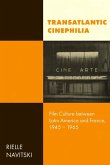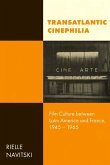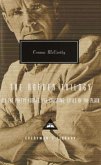"Kaveh Askari tracks an intricate web of film itineraries that are fundamentally entangled and extend across the Global North and South. What emerges is a thick description of Iranian film culture as a dynamic site of transnational cinephilia, a playful and promiscuous love for cinema. This is an intellectually stimulating, methodologically inventive, and archivally rich work, and it will be a cherished contribution to the field of film studies."--Debashree Mukherjee, author of Bombay Hustle: Making Movies in a Colonial City "Combining meticulous archival research on networks of media exchange with a bold argument about the limits of textual analysis, this book pioneers a method bound to transform how we read, interpret, and discuss national cinema. Rarely have I read a book that has made such an impression on me, and I have full confidence that this groundbreaking study will resonate widely across our discipline."--Michael Allan, Associate Professor of Comparative Literature, University of Oregon "A ferociously original book that breaks new ground in the field of Iranian film studies. Eschewing the narratives of nationalism that have dominated the study of cinema in Iran, Askari instead offers a rich material history of celluloid film as it meandered across and within the country's borders. He maps the multitude of invisible laborers, processes, routes, and technologies that situated the movies in Iran in the mid-twentieth century. Thanks to Askari's rigorous research and eloquent prose, we can now see a world of cinema that was previously out of sight to international film distributors and scholars alike. Relaying Cinema in Midcentury Iran is certain to be a smash hit."--Blake Atwood, author of Underground: The Secret Life of Videocassettes in Iran
Hinweis: Dieser Artikel kann nur an eine deutsche Lieferadresse ausgeliefert werden.
Hinweis: Dieser Artikel kann nur an eine deutsche Lieferadresse ausgeliefert werden.







